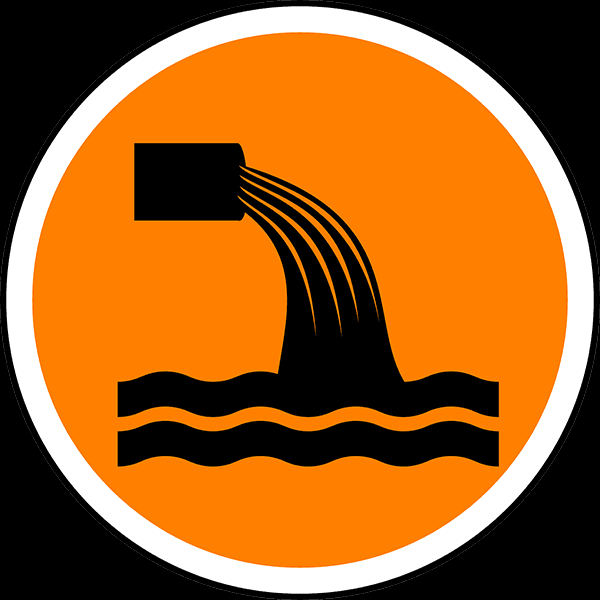All around the world, it’s common practice to pump enormous volumes of wastewater into rivers, oceans and streams. This has extremely negative effects on the environment, fisheries, animals, and that’s not to mention it’s an aptly named ‘waste’ of water too.
What is wastewater and what does the treatment of it entail?
To put it simply, wastewater is any form of water that has been contaminated by a commercial or domestic process. This includes water that was used for sewerage and water that’s a by-product of large-scale industries such as mining and manufacturing. While wastewater is still a huge problem in Ireland and all around the world, the most affected areas are developing nations – mainly Asia and South America.
Wastewater treatment is a process that coverts wastewater from its unusable state into an effluent that can be either returned to the water cycle with minimal environmental issues or reused for another purpose. It’s a treatment that, given its important, more and more governments are finally realising that they need to take actionable steps to improve their wastewater treatment processes. Uruguay, which happens to be one of the most developed countries in South America, has announced that it will be spending $100m over the next year on new treatment plants, and Indonesia will have help from Australia to solve water management problems that it has had in the past.
Why is wastewater treatment so important?
Effectively, wastewater treatment plants do as described; they treat the water that goes down our drains before discharging it back into the environment. Regardless of the efforts that are being made to install these plants worldwide, more is required. Water is one of our most important resources and it’s being squandered. There are multiple ways to treat wastewater, and the better the process, the higher the percentage that it can be reused before it gets dumped into the ocean.
The public has begun to stand up to oil companies about fracking and wastewater and the rules are slowly changing, especially in terms of transparency and its effects on the environment. It’s a good thing that the industry is under scrutiny as the more transparency that’s required by law, the better. We need to raise the levels of expectation for oil companies, mines and the like as they’ve been unregulated and sold to the highest bidder for too long.
The Future of Wastewater Treatment
It wouldn’t take much to make a huge change in this area, and it does need to happen, desperately. Great technological leaps are being made in the likes of Scandinavia in regards to recycling trash to create energy. In fact, Sweden actually ran out of its own waste and it now imports over 700,000 tonnes of waste from other countries. Less than 1% of their waste ends up at the dump and their wastewater is purified to the extent of being potable. This is an example of innovation in an environmental capacity and Sweden doesn’t have to be light years head of everyone else.
The reuse of treated wastewater has become a viable option to minimising water scarcity problems. The world has a growing and developing population and as things stand right now, we’re on a downward slope in terms of water conservation. Having said this, with some smart thinking, wastewater treatment and some generous open mindedness (something previously almost unheard of from corporations) we can turn this around and make much needed changes all around the globe.
If you wish to seek a quotation for our septic tanks and service, don’t hesitate to fill out our quotation form below:

